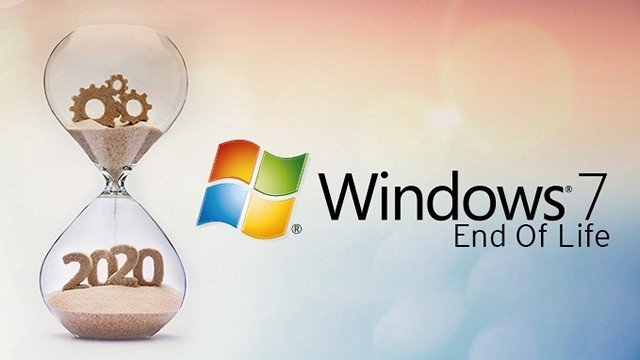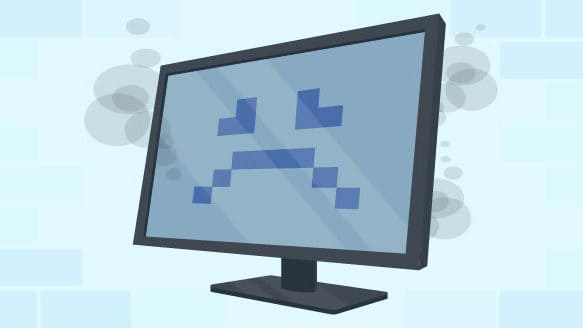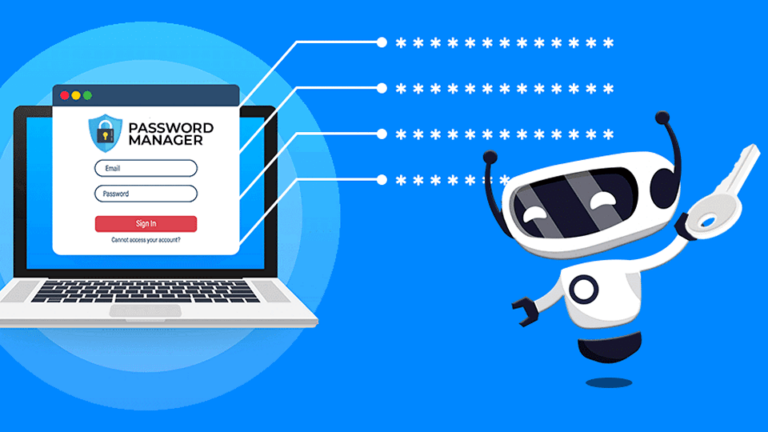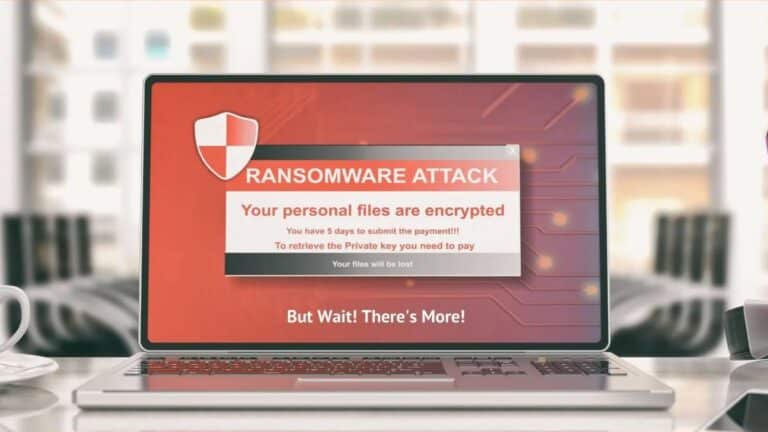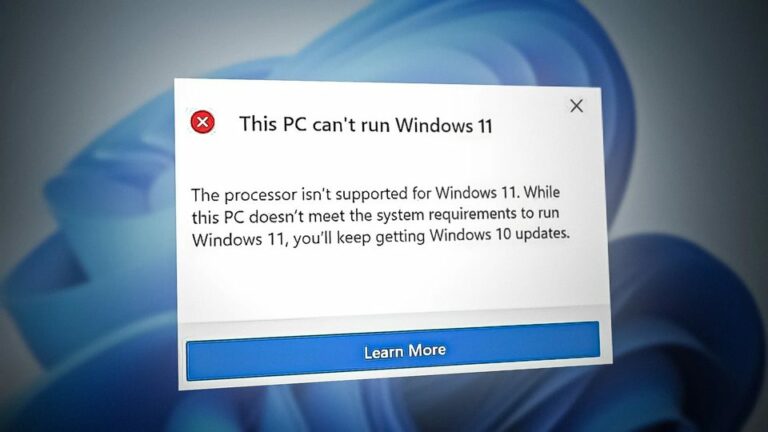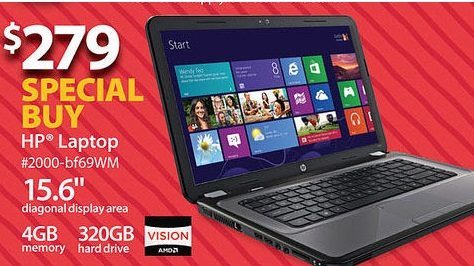Microsoft has ended the support for Windows 7 two months ago in January of 2020. While the operating system still works as intended, it’s no longer safe to connect it to the Internet! Moving away from Windows 7 is a challenge for many people, especially those with special software that only works on Windows 7. Others just don’t want to learn how to use the new operating system.
As of March 2020, 23% of all computers still run Windows 7. Many of these can’t be upgraded to Windows 10 because they use older software and hardware that isn’t compatible with Windows 10. If that’s the case, it’s best to completely isolate these computers from the Internet and not use them for shopping, online banking, or anything that can potentially disclose your personal or financial information.
What End of Life (EOL) Really Means
It doesn’t mean that Microsoft pulled the plug on Windows 7 and render it useless. Most common software still works, including browsing the Internet, working on documents, printing and so on.
When you first buy a product, Microsoft provides mainstream support such as:
- Offering security patches
- Releasing design changes or new features
- Providing complimentary support
- Warranty claims.
Microsoft stopped all but security patches five years after Windows 7 release, which was in 2014. After all, they want to put resources behind the versions they are still selling in stores.
OK, so you might be thinking, you don’t need any new features or design and never had to call Microsoft for help or warranty. Plus, at this point, you got everything figured out, are very familiar with the way Windows 7 works, and can continue on without Microsoft’s help.
Only in 2020, they also stopped the security upgrades that provide patches and bug fixes for the tools you’re using. Thinking you haven’t been doing updates, so this won’t make much difference for you? Try again. The updates were probably taking place without you knowing through Microsoft automatic updates. That’s not going to happen anymore.
Microsoft Office 2010 is also End of Life
Microsoft Office 2010, which consists of Word, Excel, PowerPoint, Outlook and a few other programs, is also reaching the end of life on October 13, 2020. If you are using Office 2003 or 2007, it’s no longer supported and you should upgrade as soon as possible. Not everyone wants to pay several hundred dollars for the “latest and greatest” software, so we wrote an article on free and low-cost alternatives to Microsoft Office.
What This Means For You
Without ongoing security support, you accept the risk of a cyberattack. Hackers work harder and harder to find weak points in your computers. Which systems are easier to hack? The ones that haven’t been updated or taken care of!
It’s a little like pest control. Ants, spiders, roaches and other bugs are always looking for a way into your home. What do you do? Try and close any gaps they might use to get in and regularly bug bomb to keep the creepy crawlies at bay. Microsoft was once your pest control service. The company provided the fixes needed to protect you from cybercriminals.
What Cyber Attacks Can Look Like
Once hackers find a vulnerability, they can use malicious software (malware) to take over your computers. They don’t return control until you pay a ransom. Or, they might take important data for use in identity theft. Worse, if they manage to get your usernames and passwords (easy with keyloggers!), they can empty your bank accounts.
Your Options
The good news is that you have options. The first one is not so great. Ignoring the risks, you could continue on using your old computer hoping for the best. How long you can do that without getting in trouble depends on your luck. Do you want to find out?
Ideally, you want to upgrade or replace your computers depending on how old they are. Most laptops typically last 3 to 5 years and desktops last 5 to 8 years. If your computers are older than that, it makes sense to consider replacing them.
It’s possible to extend their lifetime with a few upgrades (we always recommend Solid State Drive upgrades) but you should only consider it if your computers don’t have other issues and had decent performance when you bought them. Some people came to see us recently and brought their old computers from 2009 and cheap “special deals” that they got three years ago for $600 – it’s not worth spending any money fixing these.
Do you want to know if your computer can and should be upgraded to Windows 10? Come and see us for a free check-up – no obligation!

